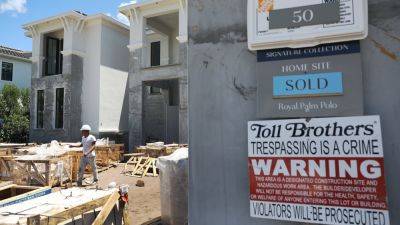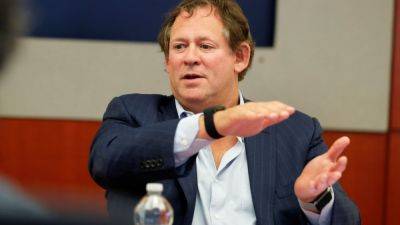Train operators and union leaders criticise draft UK strike laws
Plans for minimum service levels during rail strikes could worsen industrial relations and outcomes for passengers, train operators have told MPs, while unions said the proposed laws were a “recipe for disaster”.
Legislation that would force some staff to work during strikes is going through parliament, sponsored by the business secretary, Grant Shapps.
Questioned by the transport select committee, Mick Lynch, the general secretary of the RMT union, said the proposals in the strikes (minimum service levels) bill were “not going to work”. He said the draft legislation, now in the House of Lords, would leave employers in an “invidious position” of having to sack workers who refused to break a strike.
“It will be unsafe,” Lynch said. “Conscripting people to go past their own picket lines and operate complex signalling systems or drive a train is a recipe for disaster.”
The measures contained in the bill would give ministers powers to decide minimum service levels during strikes in parts of the public sector, including schools, health and emergency services as well as rail.
Rail bosses and union leaders told MPs that in many places a significant proportion of staff across different parts of the railway would be required to work, even to operate a small number of trains.
Managers at the train operators said it was unclear what service they would be expected to run, whether priority routes or a proportion of the timetable.
Jamie Burles, the managing director of Greater Anglia, said the plans could exacerbate issues affecting industrial relations today, with unions still in dispute after almost a year of strikes.
He said it would be “incredibly important that there was absolute clarity over the policy and legislation and the
Read more on theguardian.com





















